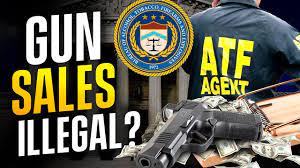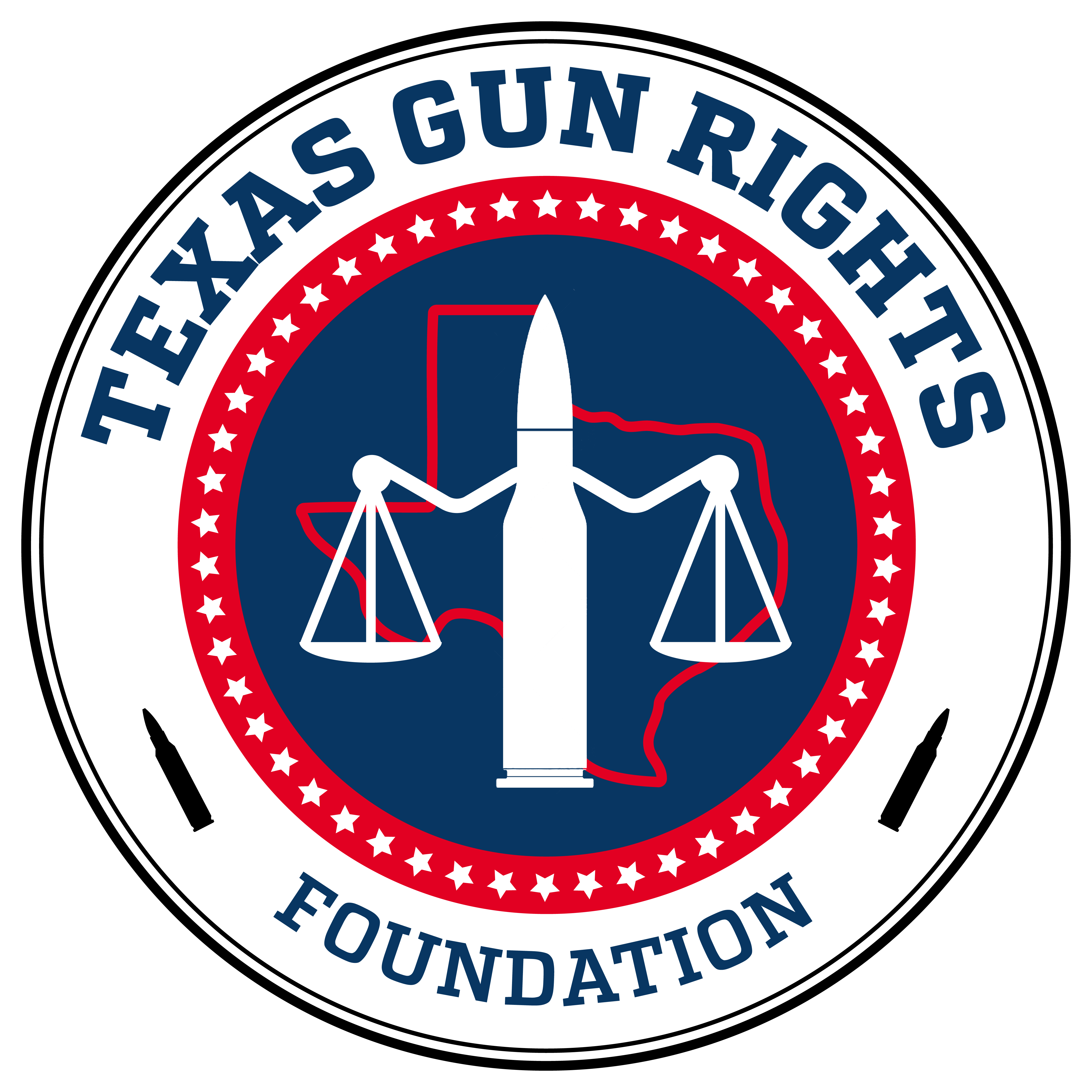
The Second Amendment remains one of the most studied and debated elements of the U.S. Constitution. Its implications on crime prevention, personal safety, and individual freedom are profound. Thus, any legislative or administrative move to tweak its boundaries warrants careful examination.
Last week, the changes proposed by the Biden Administration caught our attention. Nestled within the Bipartisan Safer Communities Act (BSCA) is a provision that, on its surface, seems to aim at fostering safer environments. However, when dissected, this provision could have far-reaching consequences for traditional private firearm sales.
The essence of the matter lies in the redefinition of who is considered to be “engaged in the business” of selling firearms. Historically, an individual needed to be predominantly involved in the frequent trade of firearms, primarily for livelihood, to require a Federal Firearm Licensee (FFL). But post-BSCA, the criterion of “livelihood” has been omitted, broadening the scope of who might need an FFL.
Recent reporting from The New York Times indicates that the Administration may now wish to place an explicit numerical cap, potentially as low as five sales a year, to mandate an FFL. From a statistical viewpoint, one must ask: What evidence suggests that such a low threshold will lead to increased public safety?
During the Obama Administration, the complexities of introducing a fixed threshold were apparent to legal teams. The question now is whether the BSCA’s changes will create the legal flexibility for the Biden Administration to redefine the benchmarks.
Furthermore, beyond government regulations, there is a concerning trend in the technology and financial sectors. A notable alignment appears to be forming between some of these private entities’ business decisions and the Biden Administration’s policies on firearms. The correlation, whether coincidental or orchestrated, might lead to consequential impacts on the gun market and individual rights.
The Bipartisan Safer Communities Act, when it was initially proposed, garnered a mixture of responses. Its potential effects on our constitutional freedoms were a significant concern. And as we’re seeing things unfold, it appears as though Biden is using the BSCA as a backdoor Universal Gun Registration scheme.
This not only risks inadvertent data breaches but also opens the door for potential misuse of personal details. An irony of such a system is its likely inability to encompass the very individuals it seeks to control: criminals.
By their nature, those with criminal intentions tend not to adhere to regulations. As a result, while many law-abiding citizens would dutifully register, those on the other side of the law will undoubtedly continue evading and nullifying the crime prevention intent of the system. This could be further exacerbated if the complexities of the system inadvertently criminalize citizens who misinterpret or unknowingly neglect the nuances of the registration process.
Beyond its direct implications, universal gun registration brings with it significant logistical and financial burdens. The establishment, maintenance, and enforcement of such a system demand substantial resources, a cost typically passed onto the taxpayer. It’s reasonable then to question the allocation of such resources, especially if the very objective of reducing firearm-related crime is not discernibly achieved.
Texas Gun Rights Foundation will be delving deeper into this matter, examining data, legal precedent, and the broader implications of such policy changes. We must ensure that policy decisions are grounded in evidence, with a clear understanding of their broader societal impacts.
